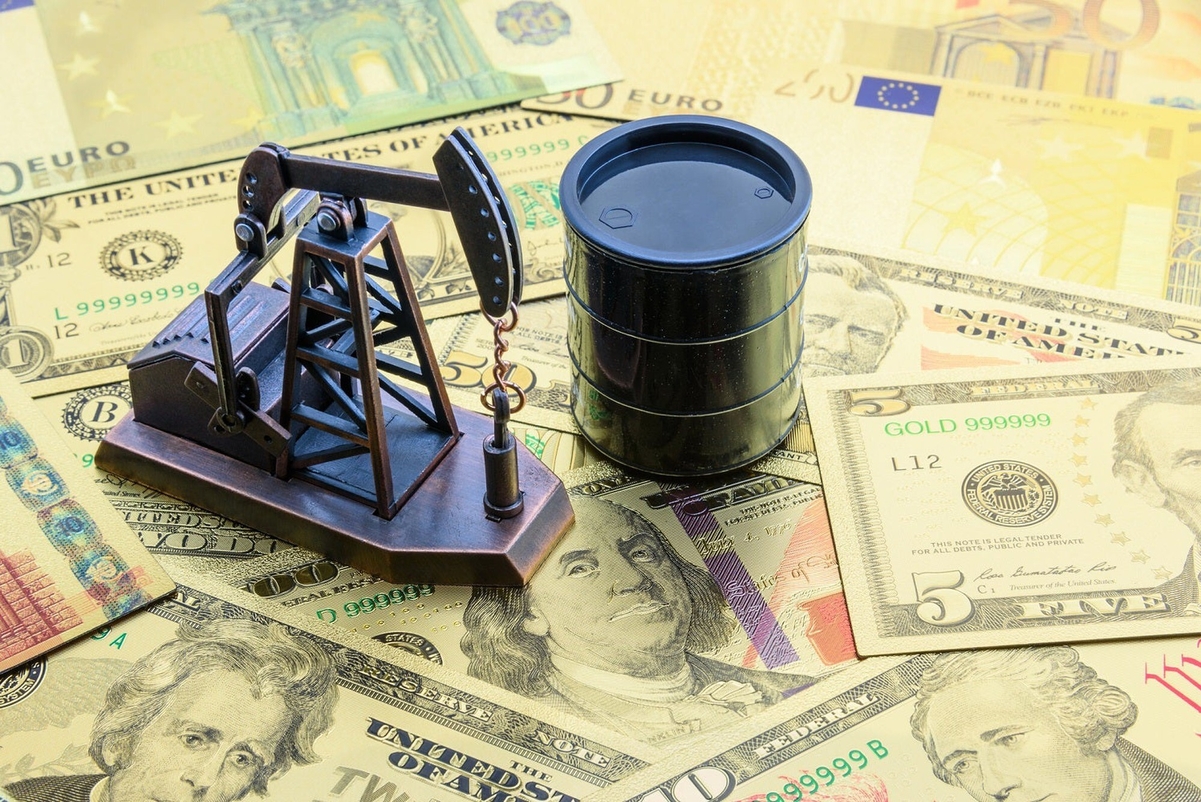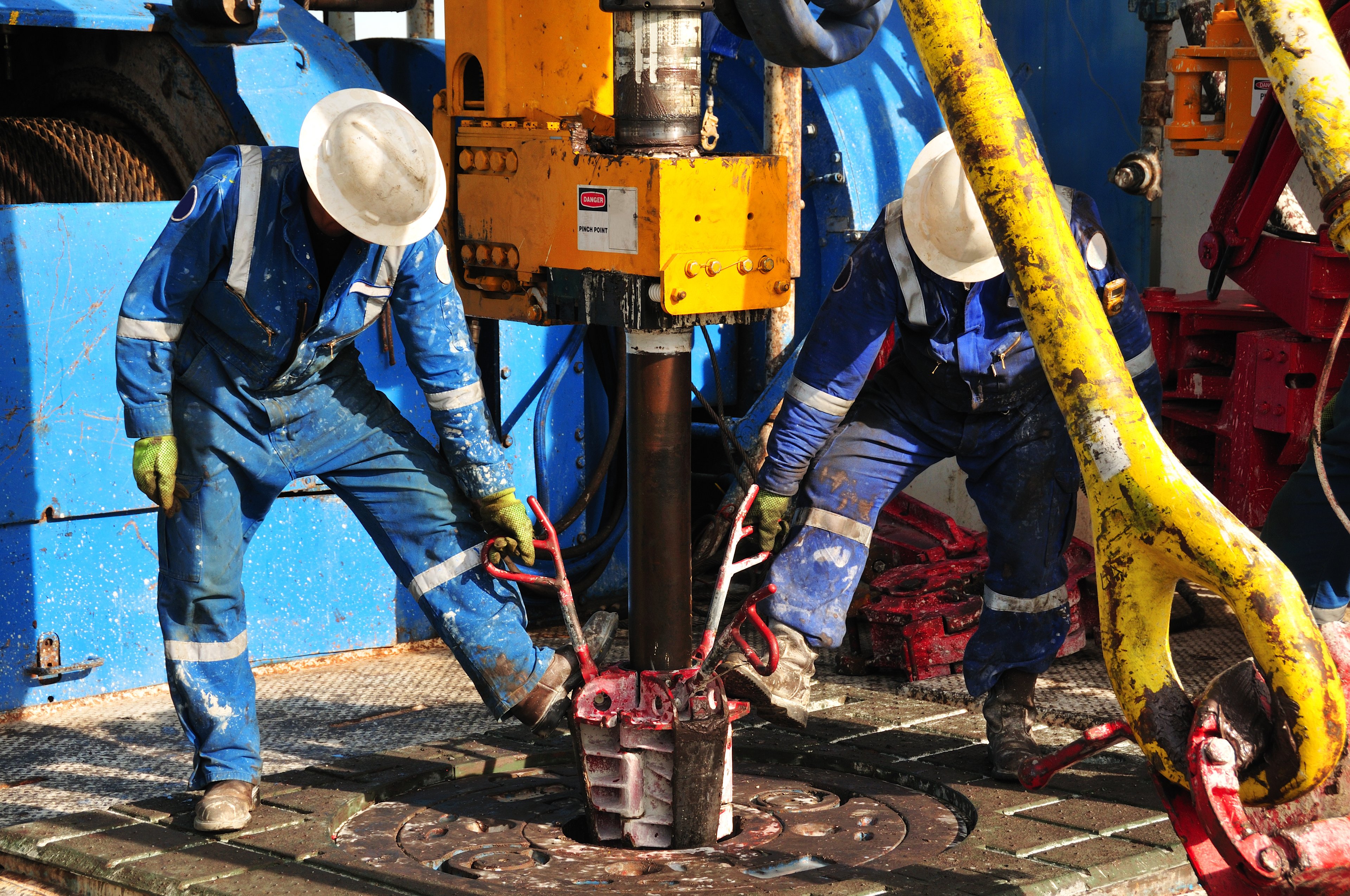Devon Energy (DVN 3.33%) certainly benefited from higher oil and natural gas prices during the first quarter of 2014, reporting a 41% jump in its operating cash flow. Let's take a closer look at Devon Energy's first-quarter results, and examine both the good and bad developments over the last quarter.
Rising oil production
Devon Energy continues to shift toward oil and NGL and away from natural gas. The chart below shows the year-over-year percent changes in the company's production in oil, natural gas, and NGL.

Data Source: Devon Energy's website
As you can see, the company increased its oil production by more than 17% year over year. Conversely, its natural gas production fell by more than 9.5%. Due to this shift, its total production inched up by 0.6%.
On a yearly scale, the company plans to increase its annual oil production by nearly 27% compared to 2013. Moreover, its natural gas production is expected to tumble by nearly 19% during 2014. To that end, Devon Energy acquired 82,000 net acres in the Eagle Ford. This acquisition will augment Devon Energy's oil production in the coming quarters. Case in point: In the first quarter of 2014, the company managed to increase its oil production by more than 55% in the U.S. -- mostly due to Eagle Ford output. Keep in mind, however, that the Eagle Ford's March output (alone) was added to the first-quarter results. Therefore, the company is likely to show higher oil production in the coming quarters.
Improved profitability
The company's decision to shift toward oil production, along with the steady rise in the company's gross profitability, resulted in more than 18% gross profitability in the first quarter of 2014 -- nearly 14 percentage points higher than in the first quarter of 2013. The rise in the average realized price per barrel of oil equivalent has also improved Devon Energy's profit margin. The chart below shows the changes in its gross profitability and realized price of oil equivalent barrel in recent quarters.

Data Source: Devon Energy's website
This improved profit margin led the company to raise its quarterly dividend payment by 9%, to $0.24 per share. On a yearly scale, this new dividend comes to a 1.33% yield. Let's now turn to the negatives related to the company's quarter.
Higher debt
The purchase of the Eagle Ford asset has increased Devon Energy's net debt (debt less cash, cash equivalents, and short-term investments) by almost $8 billion, to $13.5 billion (non-GAAP). This sharp rise in debt is likely to come down in the following quarters as the company plans to further sell its non-core assets. In April, Devon Energy sold its Canadian conventional gas business for net proceeds of $2.7 billion. Such steps will go a long way to reduce the company's net debt and its financial risk.
Despite the sharp rise in debt, the company still has a reasonable debt-to-equity ratio of 0.75. In comparison, Chesapeake Energy (CHK +0.00%) has a ratio of 0.8. This means that, even after the completion of the Eagle Ford acquisition, Devon Energy's burden of debt isn't high compared to its peers.
Takeaway
Devon Energy continues to cut down its exposure to natural gas and increase its oil operations. Moreover, the higher energy prices benefited the company by widening its profit margins. These developments are likely to further benefit the company by improving its cash flow and profit margin.






